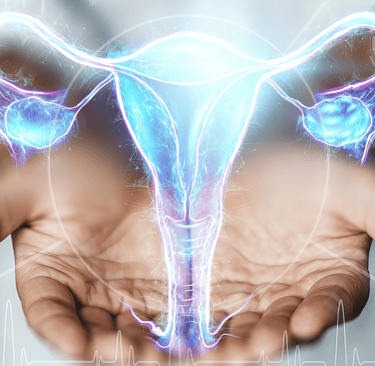Gynecology and obstetrics:
4/24/20252 min read


WHEN IS A GYNECOLOGIST CONSULTATION NECESSARY?
Indications for a gynecologist appointment:
Ovarian surgery;
Uterine resection;
Menstrual irregularities;
Onset of menopause;
Enlargement of the mammary glands, hair growth under the arms and on the pubis in girls aged 7-8;
No menstruation in girls aged 15 years and older;
Heavy bleeding during menstruation (especially relevant for teenagers);
Painful periods;
Unexplained cessation of menstruation;
Chest pain, dizziness, headache, irritability, tearfulness, sudden mood swings that constantly appear about a week before the next menstruation;
Inability to have a child naturally.
HOW DOES A GYNECOLOGIST'S CONSULTATION TAKE PLACE?
An initial appointment with a gynecologist is not much different from an appointment with a regular gynecologist. The doctor:
finds out the purpose of the patient's visit, clarifies her complaints;
examines the external genitalia, cervix;
conducts a bimanual examination of the internal genitalia;
examines and palpates the mammary glands.
Based on the results of the initial examination and the nature of the patient's complaints, as well as on her age and concomitant diseases, the gynecologist decides on the need for additional diagnostic procedures. This may be
colposcopy - used to examine the cervix for erosions, tumors, microhemorrhages;
Ultrasound of the pelvic organs, which is used to diagnose obstruction of the fallopian tubes, endometriosis, polycystic ovary syndrome, cysts, tumors, uterine fibroids, polyps and many other gynecological pathologies;
cytological examination - a smear from the cervix, which allows for the early detection of inflammation, viral infection, sexually transmitted infections, cervical cancer and other pathologies;
Ultrasound of the thyroid gland to determine the size and structure of this organ, which may indicate excessive or insufficient hormone production.
The doctor may also refer the patient to the following tests:
analysis to determine the level of glucose in the blood to diagnose diabetes;
blood test for thyroid hormones;
blood test for other hormones
If such a need arises, the gynecologist refers the patient for consultations with other specialists.
WHAT PATHOLOGIES DOES A GYNECOLOGIST TREAT?
The specialist treats pathologies of the female genital organs and female reproductive function that cause hormonal imbalance:
menstrual irregularities;
endometriosis;
hyperandrogenism;
juvenile uterine bleeding;
inability to have a child associated with endocrine system pathologies;
severe menopause;
painful menstruation;
severe premenstrual syndrome;
metabolic disorders;
early or late puberty;
manifestation of male sexual characteristics in the patient: thick hair on the body, a mustache on the face and other signs;
acne on the skin associated with hormonal imbalances.
The specialists of the Dobry Prognoz clinic will be able to promptly diagnose the disease and develop a competent and effective treatment plan. Trust your health to professionals.
Clinic
Modern medical services for the whole family.
coll us
Quality
© 2025. All rights reserved.
+380677886657
+380932993555